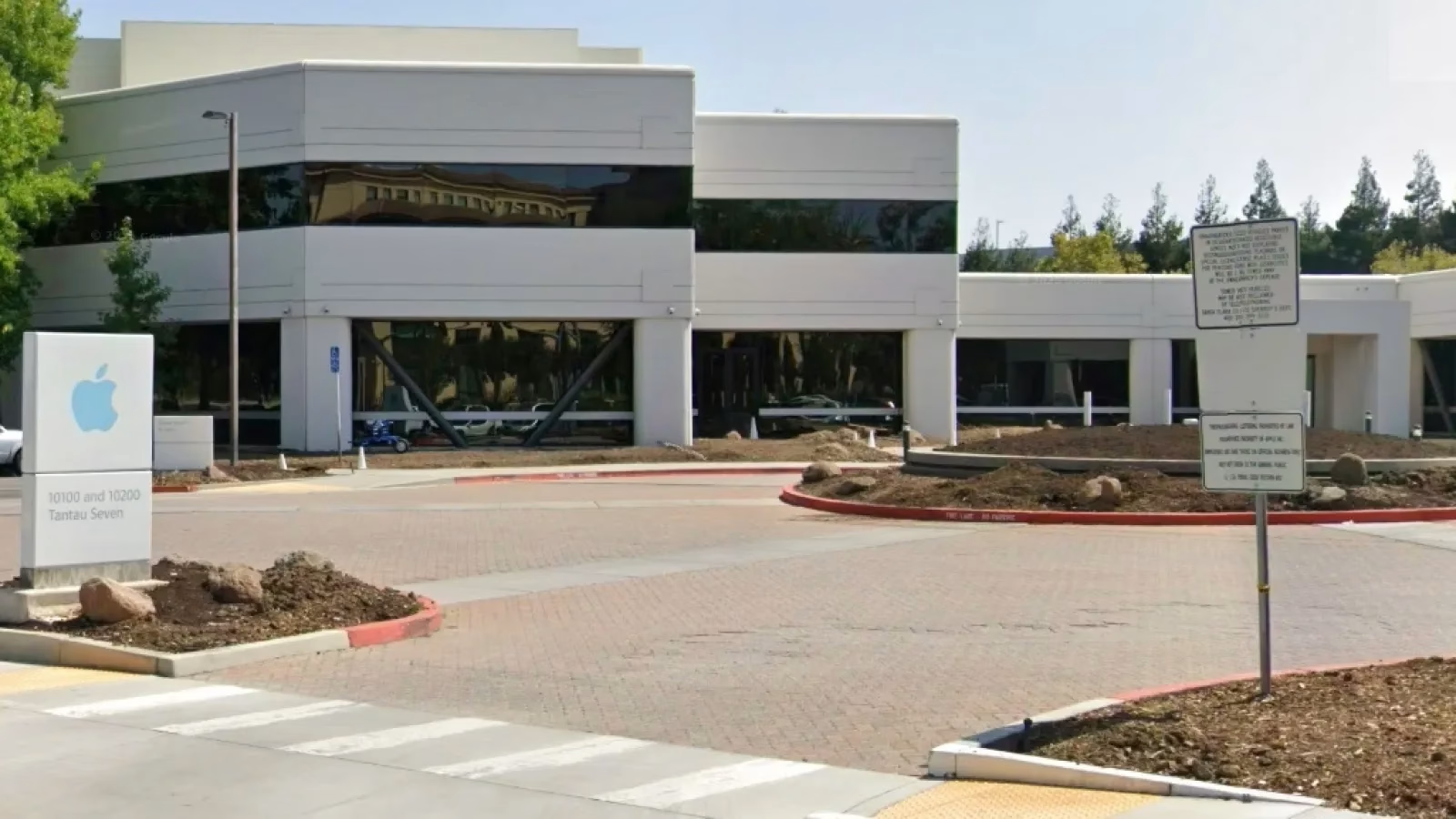Apple's Latest Power Play: Securing the Tantau Complex Near Apple Park
It's no secret that Apple, like many tech giants, has a voracious appetite for real estate, especially in its home turf. But even for seasoned observers of Silicon Valley's property market, the recent acquisition of the large Tantau office complex near Apple Park and the Apple Fitness Center is a particularly interesting move. It's not just another building; it's a strategic consolidation, a quiet but firm declaration of Apple's long-term commitment to Cupertino.
For anyone who's spent time around the Apple Park "spaceship," you know the area is already a hive of activity. The Tantau complex, which some reports have dubbed "Cupertino Gateway," sits right there, practically in Apple's backyard. And honestly, it makes perfect sense.
Why This Acquisition Matters: Location, Location, Location
The first thing that jumps out about the Tantau complex is its sheer proximity to Apple's crown jewel, Apple Park, and the bustling Apple Fitness Center. We're talking about a stone's throw, really. This isn't some distant satellite office; it's an extension of the campus ecosystem. Apple has been leasing space in this complex for a while now, so the purchase, reportedly for over $160 million, isn't just about adding new square footage. It's about taking ownership of space they already occupy and integrating it more deeply into their operational fabric.
Think about it: seamless connectivity for employees, reduced commute times between buildings, and the ability to customize the space precisely to their needs without landlord constraints. It’s a classic Apple move, isn't it? They like control. They like precision. And they like to own their destiny, right down to the bricks and mortar. This isn't just about adding desks; it's about optimizing workflow and fostering collaboration in a very tangible way.
Apple's Enduring Real Estate Strategy in Cupertino
This Tantau acquisition isn't an isolated incident; it's part of a much larger, consistent pattern that Apple has been executing for years. They've been steadily buying up properties around Cupertino, expanding their footprint incrementally but relentlessly. It's a testament to their long-term vision and their belief in the benefits of a centralized, integrated campus environment.
When Apple Park was conceived, it was meant to be a hub, a place where innovation could flourish through close proximity and serendipitous encounters. But even a campus as massive as Apple Park has its limits. As the company continues to grow, as new projects emerge, and as teams expand, the need for additional, nearby space becomes critical. This is where acquisitions like Tantau come into play. They act as vital appendages, allowing for organic growth without diluting the core campus experience. It's a smart way to manage expansion, keeping teams close without having to build another spaceship every few years. And let's be real, who wants to deal with that construction again?
Local Impact and the Silicon Valley Property Market
From a local economic perspective, this acquisition reinforces Apple's commitment to Cupertino. It's a significant investment that signals stability and continued job growth in the area. For a city that's already heavily influenced by its most famous resident, it just cements Cupertino's status as a premier tech hub.
What does it mean for the broader Silicon Valley real estate market? Well, when Apple buys, everyone pays attention. Their investments often set benchmarks and can influence property values in the surrounding areas. It's a double-edged sword, perhaps, for some residents, but for commercial property owners, it's generally good news. It suggests confidence in the region's future as a tech epicenter, even as some companies explore remote work or distributed teams. Apple, it seems, still believes in the power of physical presence and collaboration. And frankly, I tend to agree with them on that. There's just something about being in the same room.
What This Means for Apple's Future Operations
Looking ahead, the Tantau complex acquisition provides Apple with increased flexibility and capacity. It allows them to house more teams, potentially expand existing departments, or even incubate new, secretive projects without needing to lease external space. This kind of control over their physical infrastructure is invaluable for a company that thrives on secrecy and integrated development.
It's also a move that speaks to efficiency. Consolidating operations around Apple Park means less time wasted on commutes between disparate offices, more opportunities for cross-functional teams to interact, and a more cohesive corporate culture. For a company that prides itself on seamless user experiences, it makes sense they'd want their internal operations to be just as fluid. This isn't just about adding square footage; it's about optimizing the very engine of innovation. And that, my friends, is a long-term play.
Conclusion: A Strategic Investment in Growth
Apple's acquisition of the Tantau office complex might seem like just another real estate transaction on the surface. But when you dig a little deeper, it's clear it's a highly strategic move. It underscores Apple's unwavering commitment to its Cupertino roots, its preference for owning rather than leasing critical infrastructure, and its continuous effort to optimize its operational efficiency. It's an investment in growth, in collaboration, and in the very ecosystem that has fueled its success for decades. And for those of us watching the tech landscape, it's a clear signal that Apple isn't slowing down anytime soon.
